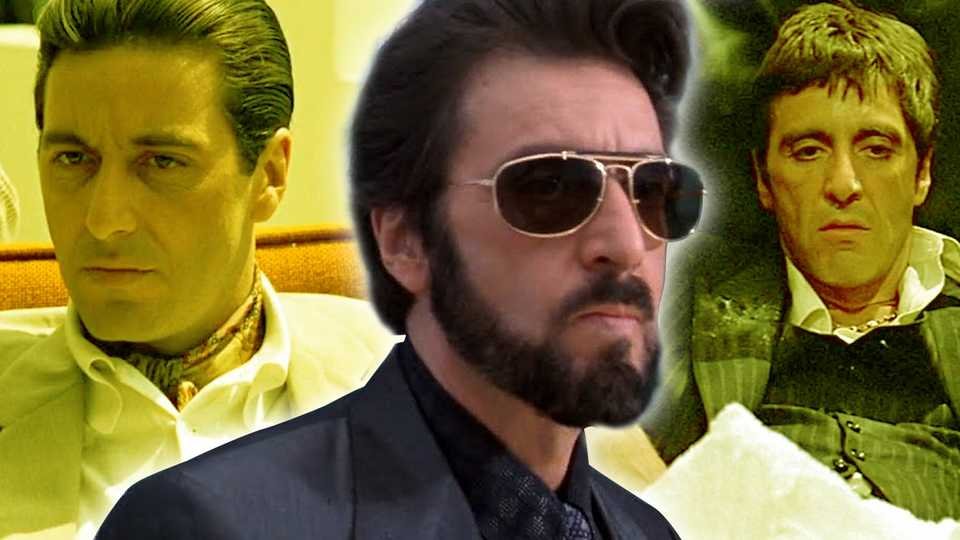
In the pantheon of gangster films, few actors are as synonymous with the genre as Al Pacino. His iconic roles in “The Godfather” trilogy and “Scarface” have cemented his legacy as a titan of the crime drama. However, amid the towering reputation of these classics, one overlooked gem from Pacino’s filmography quietly outshines them in both narrative complexity and performance depth: “Donnie Brasco.”
Released in 1997 and directed by Mike Newell, “Donnie Brasco” tells the true story of FBI agent Joseph D. Pistone (played by Johnny Depp) who infiltrates the Mafia under the alias Donnie Brasco. Al Pacino portrays Benjamin “Lefty” Ruggiero, a seasoned but aging gangster who befriends Brasco and brings him into the inner circle of the crime family. Unlike the grandiose scale of “The Godfather” or the flamboyant excess of “Scarface,” “Donnie Brasco” offers a more intimate and nuanced portrayal of the gangster world.
One of the film’s most compelling aspects is its grounded, human approach to the story. Lefty Ruggiero is not a high-ranking mob boss like Michael Corleone nor a larger-than-life figure like Tony Montana. Instead, Pacino’s Lefty is a foot soldier, a man who has spent his life in the Mafia without ever rising to significant power. This portrayal allows Pacino to explore a character driven by loyalty, desperation, and a longing for recognition.
Pacino’s performance in “Donnie Brasco” is nothing short of masterful. He imbues Lefty with a tragic vulnerability, making the audience empathize with a man who, despite his criminal actions, displays a deep sense of loyalty and affection. Lefty’s relationship with Donnie is central to the film’s emotional core, with Pacino and Depp delivering a chemistry that elevates the narrative. The bond they share is not just that of mentor and protégé but also of surrogate father and son, adding layers of emotional complexity to the story.
The film’s authenticity is further enhanced by its attention to detail and commitment to realism. “Donnie Brasco” avoids the romanticized depiction of Mafia life often seen in other gangster films. Instead, it presents the grind, paranoia, and moral ambiguity of living undercover in the Mafia. The tension between Donnie’s growing attachment to Lefty and his duty as an FBI agent creates a palpable sense of conflict that drives the film.
Critically, “Donnie Brasco” received acclaim for its storytelling and performances, though it never quite reached the iconic status of Pacino’s other gangster films. However, in recent years, it has garnered a cult following and renewed appreciation from both audiences and critics. The film’s exploration of loyalty, betrayal, and the personal cost of a life of crime resonates deeply, making it a standout in Pacino’s career.
In conclusion, while “The Godfather” and “Scarface” may dominate the conversation when it comes to Al Pacino’s gangster roles, “Donnie Brasco” stands as a testament to his versatility and depth as an actor. It is a film that, through its intimate portrayal of its characters and their struggles, offers a fresh and compelling perspective on the gangster genre. For those seeking a more understated but equally powerful narrative, “Donnie Brasco” is a must-watch that truly outshines the more bombastic entries in Pacino’s filmography.

